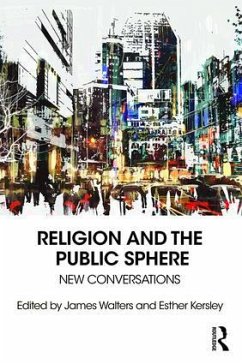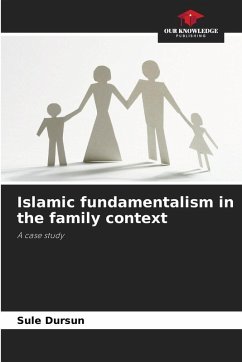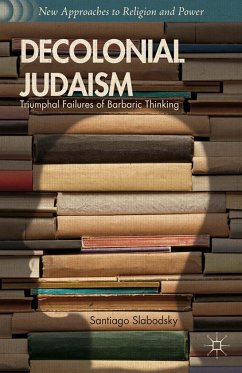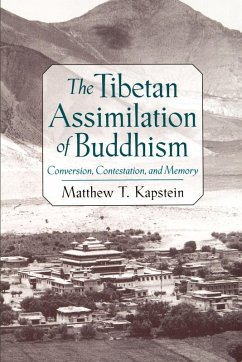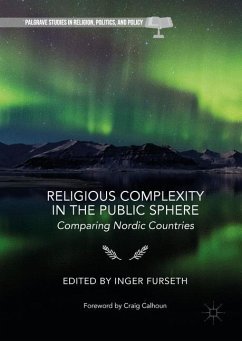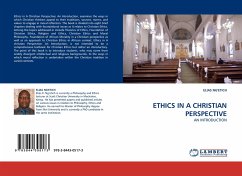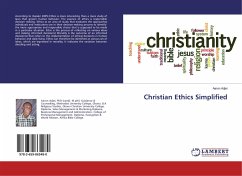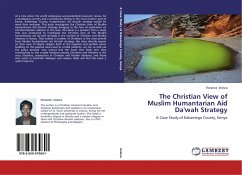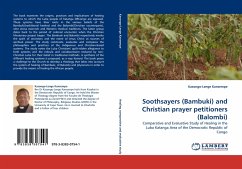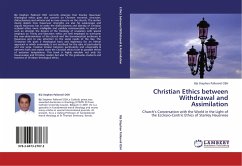
Christian Ethics between Withdrawal and Assimilation
Church's Conversation with the World in the Light of the Ecclesio-Centric Ethics of Stanley Hauerwas
Versandkostenfrei!
Versandfertig in 6-10 Tagen
52,99 €
inkl. MwSt.

PAYBACK Punkte
26 °P sammeln!
Biji Stephen Pallonnil OSH correctly observes that Stanley Hauerwas theological ethics gives due concern on Christian narrative, character, distinctiveness and witness and an over-concern on the church. The author clearly depicts how Hauerwas strengths are also his weaknesses and argues Hauerwas has to make the distinctiveness and identity of Christian ecclesial ethics more intelligible and publicly communicable. In search of such an attempt the devices of the theology of revelation with special emphasis on Trinity and liberation ethics are well employed to overcome the over-determination of t...
Biji Stephen Pallonnil OSH correctly observes that Stanley Hauerwas theological ethics gives due concern on Christian narrative, character, distinctiveness and witness and an over-concern on the church. The author clearly depicts how Hauerwas strengths are also his weaknesses and argues Hauerwas has to make the distinctiveness and identity of Christian ecclesial ethics more intelligible and publicly communicable. In search of such an attempt the devices of the theology of revelation with special emphasis on Trinity and liberation ethics are well employed to overcome the over-determination of the church and the hermeneutical enclosure in Hauerwas and to pay attention to the social needs of the day. The Trinitarian life gives a theological basis and legitimacy for an ethical approach in which universality is not sacrificed for the sake of particularity and vice versa. Creative tension between particularity and universality & between faith and reason saves the Christian ethics from its possible threat of sectarian temptations. This book is highly valuable not only for Hauerwasian and Christian readers but also for the graduates students and teachers of Christian theological ethics.



